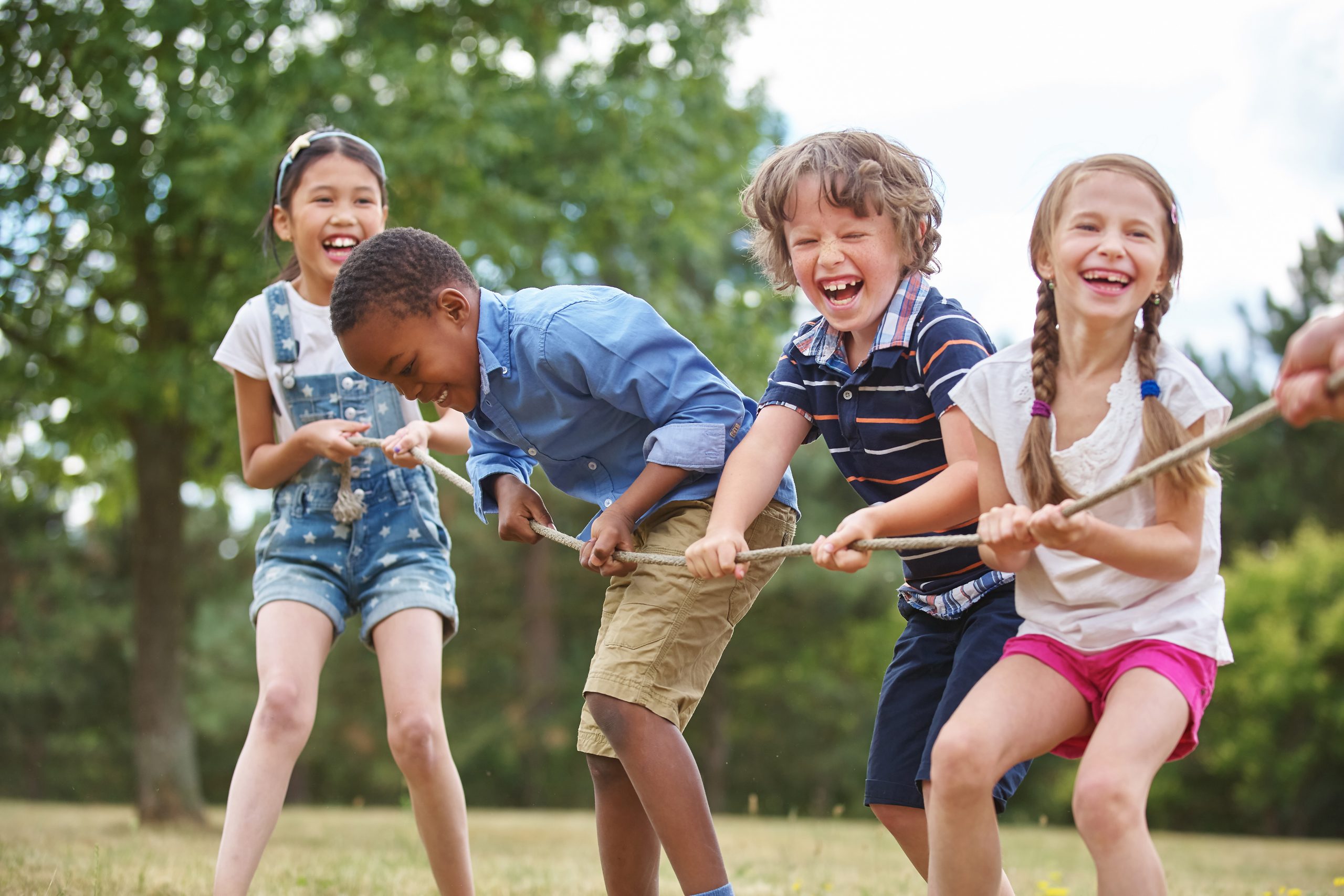This story appeared in The Oakland Press. Read more here.
The Pfizer COVID-19 vaccine for ages 5-11 is expected to be cleared in early November. Many parents can’t wait, some are less enthused and others will likely take a wait-and-see approach.
The FDA will meet on Oct, 26 with the Centers for Disease Control and Prevention possibly giving it emergency use approval on Nov. 2 and 3.
“The general impression that people have is that kids have milder disease and fewer of them get hospitalized and way less of them die. That’s been known from the beginning of the pandemic,’’ said Dr. Bishara Freij, Beaumont Health’s pediatric infectious disease chief.
“The problem with this thinking is the children do actually get hospitalized. We’ve taken care of a lot of them in the past year and a half. They do end up in the ICU, they end up on the ventilators. It’s not that they don’t get sick, it’s just that fewer of them get sick compared to adults. That’s one problem,’’ he added.
He emphasized that we can’t quarantine ourselves out of this virus.
Friej does not have children in the 5-11 age group, but said his 6-year-old niece will receive it the minute it’s approved.
“No hesitation, they need to get it and move on with their lives,’’ the doctor said.
Children ages 5-11 will receive one-third of the Pfizer adult dose in two shots 21 days apart. In the study which will be presented to the FDA, 2,200 children ages 5-11 were involved. The results were compared in terms of immune response and side effects to the slightly older age group of 16-25 years who had received the adult dose.
“What they found is even with a third of the dose given to these younger children they actually generated antibody levels that were the same as adults getting three times as much,’’ Freij said.
He compared the side effects of the COVID vaccine — sore arm, redness — with other childhood vaccines such as for Pertussis (whooping cough).
If parents need more reasons to get their kids the shot, Freij said they are beginning to see the “so-called long COVID” in kids.
“Studies are starting where kids get COVID and then they have very protracted problems with a lot of issues moving forward — fatigue, focus, all sorts of complaints — they might have which can drag and drag,’’ Freij said. “We do not know the magnitude of that in children, but it’s already being seen and is being studied right now to get a handle on how bad this problem really is in real life.’’
He also said it is important to get kids back into a normal life free of COVID disruptions in school and with a healthier mindset.
“It has caused quite a bit of depression. There have been an increases in the number of suicide attempts and actual suicides. Certainly at Beaumont last year we had a lot more admissions to the ICU for suicides than we’d ever seen — young adolescents, I’m not talking about the 5-year olds. This is not just us, this has been seen across the board.
“So kids are falling behind in education, they need to go back to their normal routine. Unless you control the infections you won’t be able to do that in any effective way,’’ he added.
“The only way we can end this sort of vicious cycle is not allow the virus to replicate which means fewer people get infected. Vaccinated people who get infected don’t shed the virus as much; they have less replication,’’ Freij said.
Freij said it’s his opinion that eventually the COVID vaccine will be required by schools just like other currently mandated vaccines.
“You have to get to a point where people can accept it, and even if they don’t accept it, they tolerate it because they want their kids to go to school,’’ Freij said.
Of course not all adults are vaccinated and they could hold back on getting the shot for their kids. In Michigan, 62.8% of residents over age 12 have had at least the first COVID vaccine shot.
“People keep waiting for more research. I just want to point out that with this pandemic this is the largest vaccine study ever conducted. Over 200 million people have received the vaccine,’’ Freij said. “The studies are a few thousand people — some get the vaccine, some don’t. This is like a massive population study. I don’t understand why people need more research. …. I think people need to reconsider, there’s not going to be any major enlightening research coming out.’’

